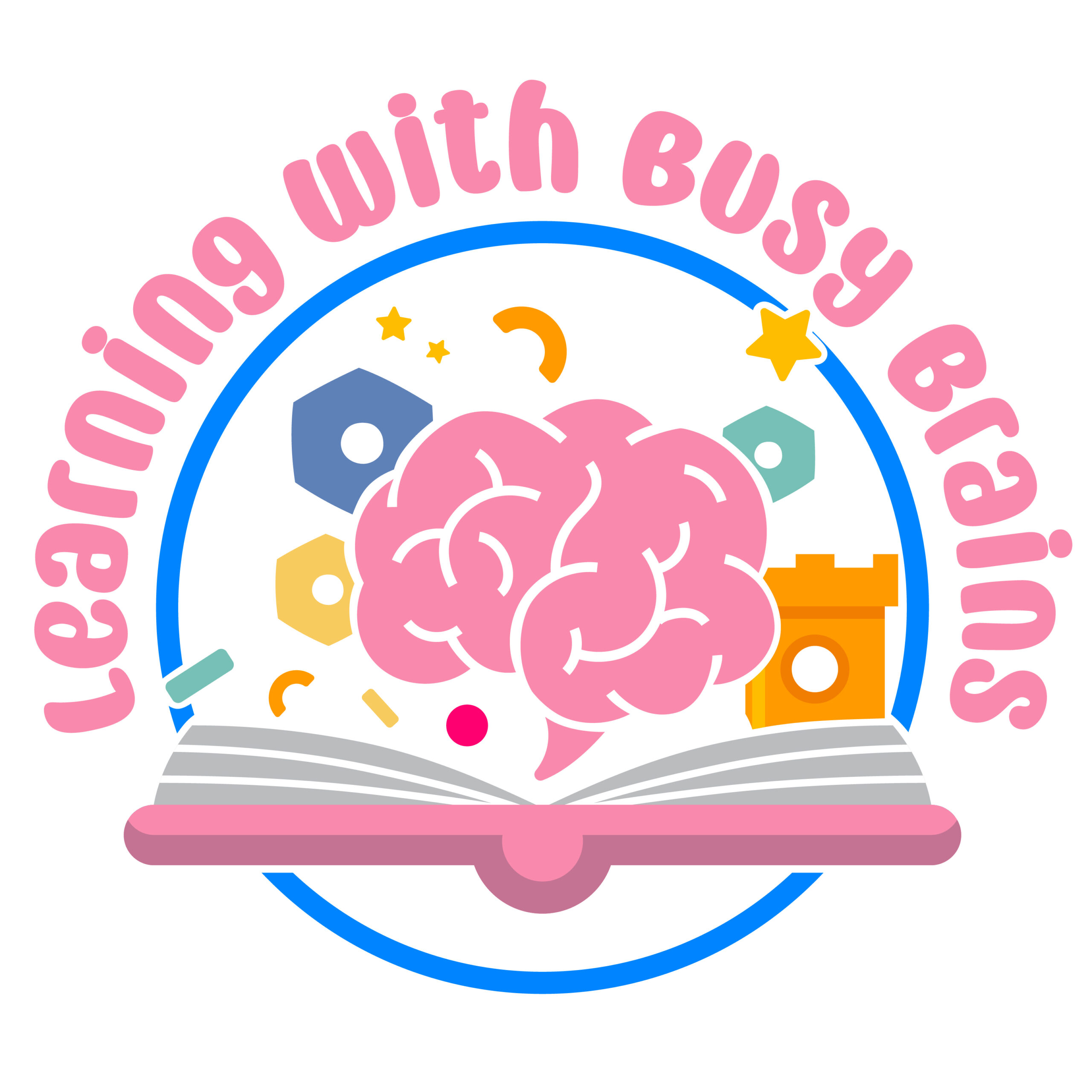Introduction Usool al-Thalatha, or The Three Fundamental Principles, is a foundational aspect of Islamic belief that every Muslim should understand. These principles focus on the essential questions of faith: Who is your Lord? What is your religion? Who is your Prophet? Teaching these concepts to your child in an engaging and meaningful way can foster a strong foundation for their Islamic identity.
1. Understanding the Three Principles
Who is your Lord? (Allah)
- Key Concepts: Explain that Allah is the Creator of the universe, the All-Knowing and All-Powerful. He is unique and has no partners.
- Discussion Points: Talk about Allah’s attributes, such as mercy, wisdom, and omnipotence. Use examples from nature to illustrate His greatness.
What is your religion? (Islam)
- Key Concepts: Define Islam as the complete way of life chosen by Allah for humanity, based on the teachings of the Quran and the Sunnah of the Prophet Muhammad (peace be upon him).
- Discussion Points: Discuss the Five Pillars of Islam and how they shape a Muslim’s daily life and connection with Allah.
Who is your Prophet? (Muhammad)
- Key Concepts: Introduce Prophet Muhammad as the final messenger who conveyed Allah’s message and example to humanity.
- Discussion Points: Share stories from his life that highlight his character, compassion, and the challenges he faced in spreading Islam.
2. Teaching Strategies
Use Simple Language
- Explain each principle using clear and age-appropriate language. Avoid complex terminology that might confuse your child.
Incorporate Stories
- Use stories from the Quran and Hadith to illustrate each principle. Narrating stories about the Prophets or events in Islamic history can make the concepts more relatable.
Interactive Learning
- Engage your child with hands-on activities:
- Drawing: Have them create representations of Allah, the Quran, and the Prophet Muhammad.
- Crafts: Create a poster that summarizes the three principles.
Repetition and Review
- Regularly revisit the principles in a casual and friendly manner. Ask your child to explain what they’ve learned, reinforcing their understanding through repetition.
3. Encouraging Questions and Exploration
- Foster an open environment for questions. Encourage your child to express their thoughts and curiosity about Islam. This can lead to deeper discussions and a stronger understanding of their faith.
4. Relating Principles to Daily Life
- Connect the principles to everyday experiences. Discuss how understanding Allah’s attributes can help in making decisions or facing challenges in school or friendships. This connection makes the principles more relevant and practical.
5. Utilizing Resources
- Look for age-appropriate books, videos, and online courses that explain Usool al-Thalatha in a child-friendly manner. Resources like halal animated stories can capture your child’s interest and make learning enjoyable.
6. Patience and Support
- Be patient as your child learns. Celebrate their progress, no matter how small, and provide encouragement. Learning about faith is a journey, and your support will help them grow in understanding and confidence.
Integration into Our Homeschool Curriculum
Teaching Usool al-Thalatha can fit into several categories within your homeschool curriculum:
- Islamic Studies: This is the primary category for teaching Usool al-Thalatha, focusing on core beliefs and principles of Islam.
- Character Education: Discussions about the attributes of Allah and the character of Prophet Muhammad promote values like compassion, honesty, and patience.
- Philosophy or Critical Thinking: Engaging in discussions about these fundamental questions encourages critical thinking and helps your child explore their beliefs more deeply.
- History: Integrate stories of the Prophets and the early history of Islam, providing context for the principles.
- Language Arts: Incorporating storytelling, writing reflections, or drawing related to Usool al-Thalatha enhances language skills and creative expression.
Conclusion
Teaching Usool al-Thalatha to your child is an essential step in nurturing their Islamic identity. By approaching the topic with creativity, patience, and understanding, you can instill a strong foundation of faith that will guide them throughout their lives. Remember, the goal is to make learning enjoyable and meaningful, fostering a lifelong connection to their beliefs.
Note: This post will be updated to provide links to our activities related to teaching Usool al-Thalatha, in shaa Allah. Stay tuned for engaging resources and ideas to enhance your child’s learning experience!


